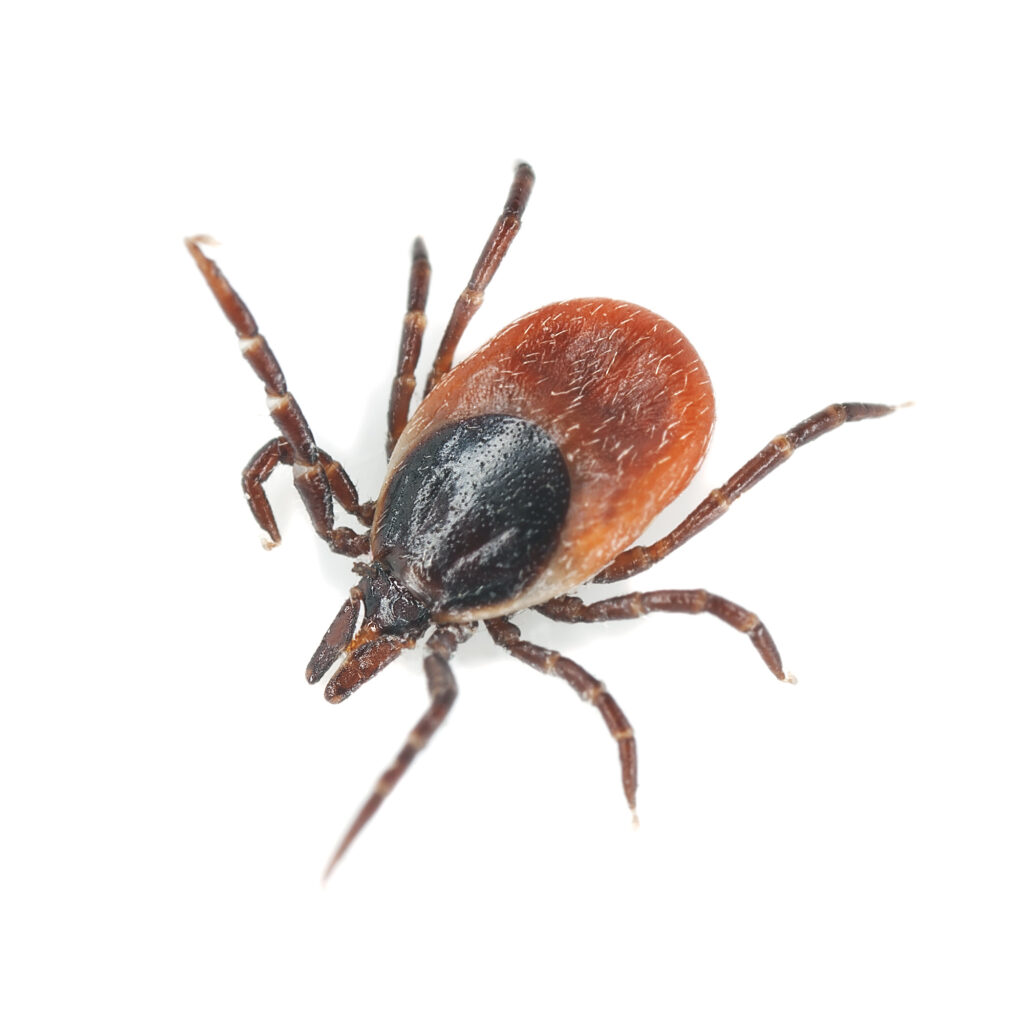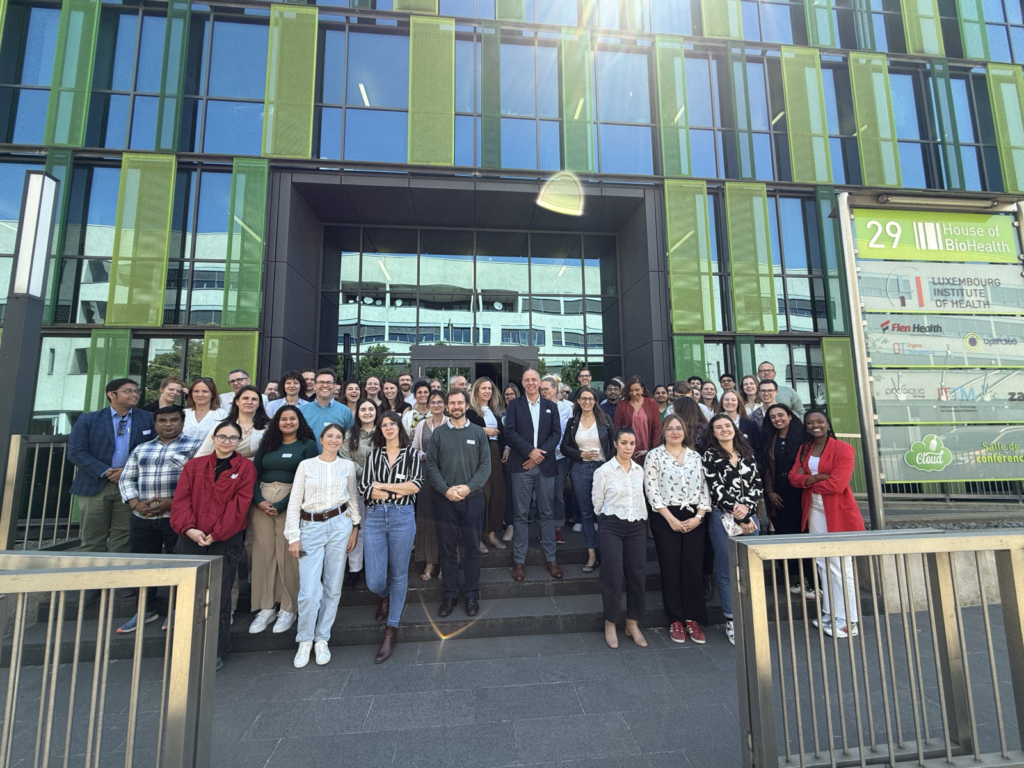News
Dietary fiber determines predisposition to foodborne enteric pathogens

Prof Mahesh Desai, Leader of the Eco-Immunology and Microbiome research group at DII, and his team showed that altering dietary fiber intake in mice was not only sufficient to alter susceptibility to common foodborne pathogens, Listeria monocytogenes and Salmonella Typhimurium, but also that it was able to do so regardless of the gut microbiome. Their results underscore the importance of an individual’s diet in the prevention and response to common enteric pathogens.
Food safety has considerably improved worldwide, yet infections with foodborne human enteric pathogens, such as Listeria monocytogenes and Salmonella Typhimurium, still cause numerous hospitalizations and fatalities. Dietary alterations, including fiber deficiency, have been speculated to impact the colonization resistance mediated by the gut microbiome (i.e. the capacity for the microbiota to protect the gut from pathogens flourishing in the gut). Studying the diet–microbiome–pathogen axis could therefore hold promise in further understanding the mechanisms of pathogenesis.
In a recent study, Prof Desai’s group and his team, with Mathis Wolter – a PhD student in Prof Desai’s group – as the first author, used a mouse model designed to have a synthetic and pre-defined gut microbiota to understand how a low-fiber diet affects the susceptibility to Listeria monocytogenes and Salmonella Typhimurium. They found that depriving mice of dietary fiber protected them from infections with these pathogens compared to mice fed a standard diet. The team then looked closer to see whether the microbiome also influenced this response and found that, intriguingly, the same effect was observed in germ-free mice (mice without microorganisms in their gut), suggesting that the susceptibility to pathogen infections is largely driven by the diet itself. The gut microbiota was found to be able to delay the infection, but the level of fiber in the diet had a more dominant effect on the pathogenicity.
Our results suggest that the susceptibility to the human pathogens Listeria monocytogenes and Salmonella Typhimurium is altered with dietary modulation. Importantly, just the dietary modulation without the gut microbiota was sufficient to alter the susceptibility to these two important pathogens. Given the high-healthcare costs associated with foodborne infections, particularly with these two pathogens, our study highlights how dietary modulation could be employed as a translational approach to manage infection,
concluded Prof Desai.
In addition to the translational implications of these findings, the study has given rise to important information for research on Listeria monocytogenes and Salmonella Typhimurium, which relies on mouse models for their preclinical in vivo experiments. The results suggest how researchers need to carefully choose mouse diets to perform experiments with these pathogens to avoid misinterpretation of the ensuing conclusions.
The results were published in November in the reputed “American Society for Microbiology journal mSystems”, with the full title: “Dietary modulation alters susceptibility to Listeria monocytogenes and Salmonella Typhimurium with or without a gut microbiota”.
ABOUT THE LUXEMBOURG INSTITUTE OF HEALTH
The Luxembourg Institute of Health (LIH) is a public biomedical research organization focused on precision health and invested in becoming a leading reference in Europe for the translation of scientific excellence into meaningful benefits for patients.
LIH places the patient at the heart of all its activities, driven by a collective obligation towards society to use knowledge and technology arising from research on patient derived data to have a direct impact on people’s health. Its dedicated teams of multidisciplinary researchers strive for excellence, generating relevant knowledge linked to immune related diseases and cancer.
The institute embraces collaborations, disruptive technology and process innovation as unique opportunities to improve the application of diagnostics and therapeutics with the long-term goal of preventing disease.
Scientific Contact








